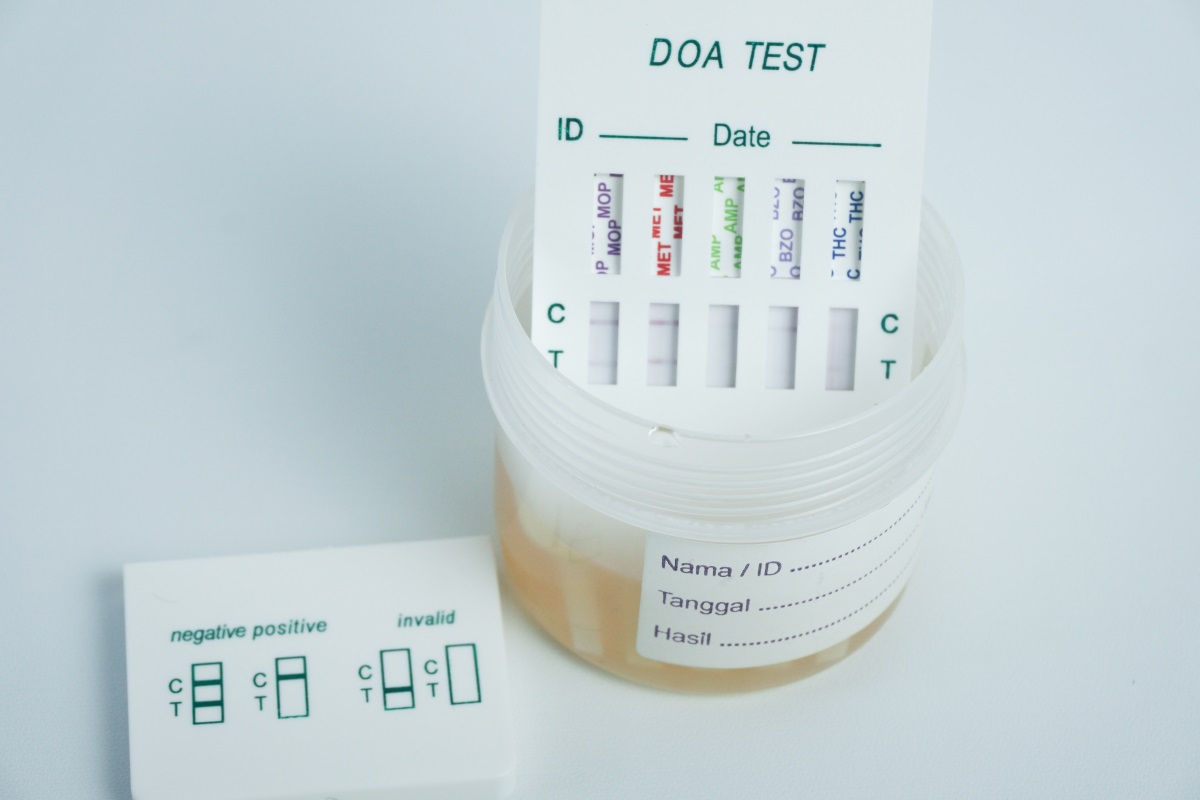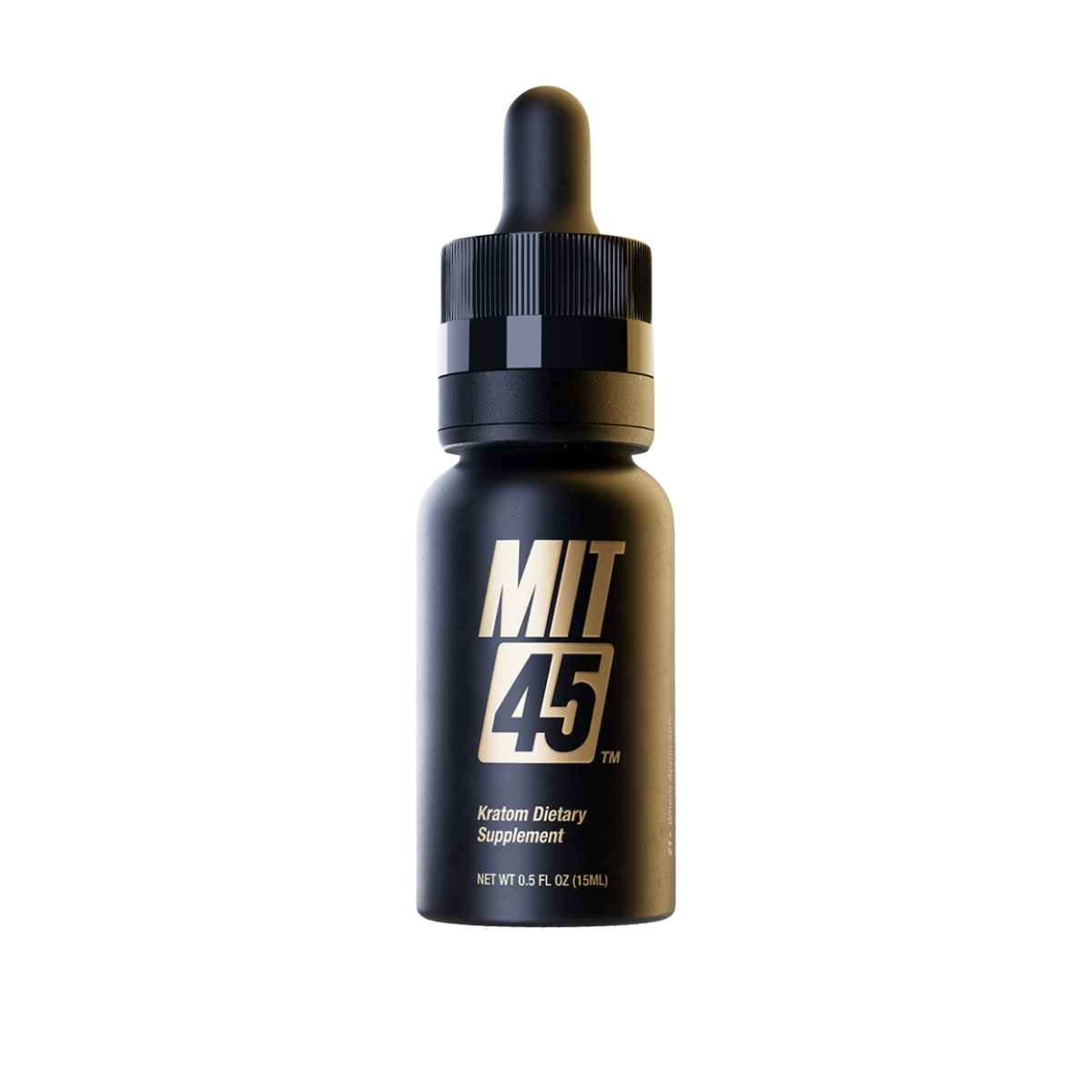Whether it’s being drug tested for a new job, an existing job, as part of your probation requirements, a substance abuse program, or something similar, there are many reasons you may be subjected to a drug test. Whether or not you support drug testing practices in general, if you’re a kratom user, it’s important to know how taking kratom may affect the results of a drug test.
Will Kratom Show Up on a Drug Test?
We’d love to give you a straight yes or no answer, but testing for kratom involves a good amount of uncertainty. The short answer is that kratom won’t show up on a drug test unless the test is specifically designed to detect kratom—and the most widely utilized drug tests are not designed for that purpose.
 The average employer isn’t worried about kratom. Most employers use 5, 10, and 12-panel drug tests that detect whether someone uses the following substances:
The average employer isn’t worried about kratom. Most employers use 5, 10, and 12-panel drug tests that detect whether someone uses the following substances:
- Opiates
- Cocaine
- Marijuana
- Benzodiazepines
- Alcohol
How Long is Kratom Detectable For?
So what if the company or organization does use a drug test that detects kratom? Kratom is detectable for about a week or two. People who use lower amounts of kratom would be unlikely to test positive after about a week. A heavier kratom user may need up to two weeks or more before this substance is no longer detectable.
Factors that determine exactly when kratom fully leaves your body include:
- The last time you consumed kratom
- How often you take kratom
- Your body weight and body fat
Depending on these factors, kratom has a half-life of about 24 hours. Experts estimate that five to six half-lives must pass before kratom is completely eliminated.
Can Using Kratom Lead to False Positives?
A false positive occurs when test results indicate something in your system that isn’t there. While kratom doesn’t show up on a typical drug test, it could lead to a false positive for opiates. While kratom is not an opiate, it does have an alkaloid structure that is similar to opiates and is even a partial agonist of the mu-opioid receptor. Unfortunately, such a close relationship could explain reports of kratom users falsely testing positive for opioids, although these cases are rare.
Should You Discuss Your Kratom Use With an Employer?
If you’re worried about kratom creating a false positive on a drug test (despite it being unlikely), you could have a discussion with your employer about it. However, the nature of this discussion depends on where you live. Along with some local jurisdictions, kratom is currently illegal in the following states: Alabama, Arkansas, Indiana, Rhode Island, Vermont, and Wisconsin. If you live in one of these states, it makes deciding to have that conversation risky at best.
If you live in other states where kratom is legal, bringing up this topic depends on your instincts and employer. For example, it would probably be safe to discuss kratom with an employer if you hear it mentioned at work or if the employer has a less strict company culture overall.
On the other hand, your coworkers, supervisors, and other colleagues might not be so kratom-friendly. If you’re unsure of your employer’s views on kratom, you may want to keep it on the down low, even though an employer is unlikely to fire you for being a kratom user.

Unfortunately, it’s not unheard of for businesses to start treating employees differently when they are known to use kratom. A semi-recent post from the r/kratom subreddit had a user asking this group for help because their boss saw this person use kratom at work and “got mad.”
Regarding how to handle kratom at work, a Reddit user in a similar thread puts it best. The user states that they “wouldn’t go out of my way” to tell anyone they use kratom, but they also “wouldn’t be sneaky” about taking kratom.
What About Athletes and Sports Leagues?
While we can’t say with 100% certainty that each sports league allows kratom use, we’ve been unable to uncover any evidence that kratom or mitragynine is on their lists of banned substances. However, many of these organizations, including the NCAA, include warnings that dietary supplements may inadvertently create false positives. Many leagues base their list of banned substances off the WADA list.
So, again, the best plan would be to disclose your kratom use before the test or take a short break from kratom if you know when you’ll be subjected to a drug test. Here are lists of banned substances we’ve been able to collect from various organizations:
Discreet Ways to Enjoy Kratom Judgement-Free
If you need a discreet way to take kratom, MIT45 has you covered. We offer BOOST Bites—kratom gummies in delicious fruit flavors. MIT45 also carries a line of long-lasting, great-tasting, and discreet kratom liquid shots. Or maybe you’d prefer our line of kratom capsules in red, green, and white-vein varieties for a discreet energy boost.
In conclusion, kratom won’t typically show up on a drug test. Suppose a test does detect kratom or leads to a false positive. In that case, you may still be able to salvage the situation by discussing the nature of your kratom use with the employer or organization.
References
Bautista, G. Can Kratom Show Up on a Drug Test? What You Need to Know. Nao Medical. Updated May 2023.
Encyclopaedia Britannica Editors. Alkaloid: chemical compound. Encyclopaedia Britannica. Accessed December 2023.
Infographic. Kratom State Legality and Legislation. American Kratom Association. Accessed December 2023.




